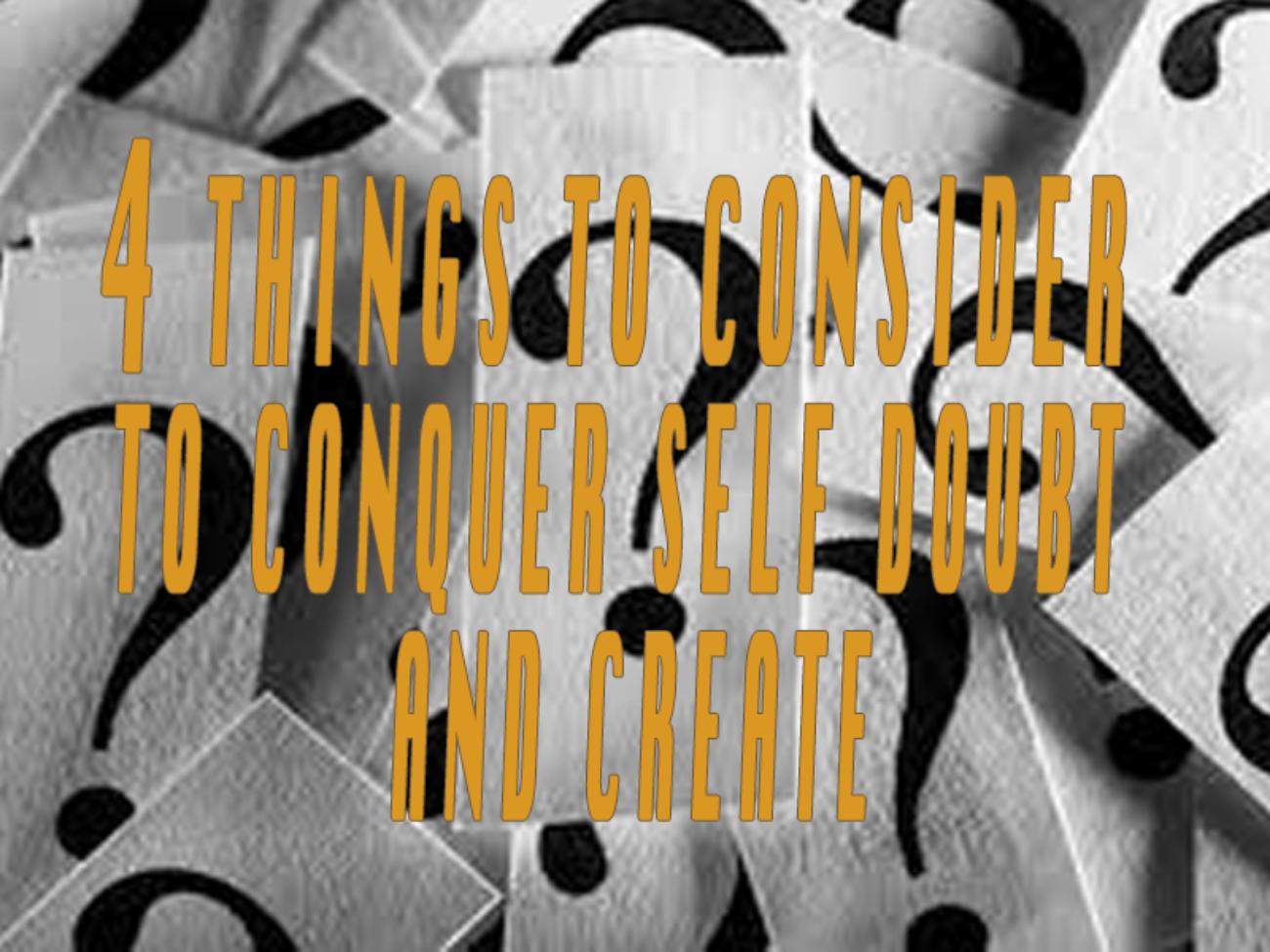Achickwitbeatz presents the Instrumental Intel podcast, bringing you information instrumental to your artistic career including music industry news & tips, insights & interviews, and beats for your inspiration. Listen on Saturdays at 7 pm EST on Grander Radio and Achickwitbeatz.com.
Follow on Facebook, Instagram, Twitter, YouTube Audiomack & SoundCloud, and subscribe on your favorite podcast platform. Download the Grander Media app to listen to Grander Radio on the go.
- Art
- Independent Labels
- Internet Radio
- Music Documentaries
- Album Reviews
- Music History
- Music Industry News
- Free Game Friday
- Free Downloads
- Poetry
- Books
- Interviews
- Did You See It?!
- Hip Hop History
- Hear Here
- Music News
- Hip Hop Documentaries
- Music Marvels Radio Show
- Think Piece Thursday
- Mini Documentaries
- Instrumental Intel
- Music Humor
- Indie Analysis
- Conversations & Quotables
- Music
- Resources for Artists
- Podcasts
- Beats/Instrumentals
- Music Education
00:01
Hey, thank you for tuning in to Instrumental Intel. I'm your host, music producer, Achickwitbeatz, and I'm glad that you've joined me today. I got another show that I'm excited to be bringing to you. Of course, it's got beats produced by me for your inspiration. It's got a little bit of music industry news, and later my special guest, Shaan, will be joining me. We're gonna talk a little bit about everything, building soundscapes, the musical journey, just so many things. So yeah, definitely excited to be bringing this episode to you. So before I go ahead and drop that first beat,
00:30
at my home station, Grander Radio out of Grand Rapids, Michigan. And with that, let's go.
[Beat Break]
12:56
Alright, I'm back with the music this brief. First up, Spotify Rap 2024 left some users feeling pretty dissatisfied questioning its accuracy and design while wondering if AI played a role. Spotify claims that generative AI wasn't used for rap's results or visuals, emphasizing the experiences based solely on users' listening history. However, users on social media noted the absence of features like top genres, albums, and Soundtown.
13:24
Some link the underwhelming experience to recent layoffs and shifts in Spotify's creative approach. Despite the feedback, Spotify says it's committed to evolving Wrapped to meet fan expectations. But it's quite obvious that they fell short. And to be honest, I'm not really buying the AI wasn't involved in that. Not to mention the little podcast feature they added afterwards. But hey, that's what they say, so we'll have to see what happens next year. Alright, next up.
13:51
The new report from Sysac warns that music creators could lose nearly 25% of their income by 2028 due to generative AI. The 64 billion euro AI market is expected to impact revenues by enabling unauthorized use of creators' works and replacing human-made content with AI-generated alternatives. The report stresses the need for global regulations to protect creators' rights and safeguard human creativity, highlighting Australia and New Zealand.
14:19
as examples of promising policy development. Urgent action is needed to prevent AI from undermining artists' livelihoods. Also, Factor, a key funding body for Canada's independent music industry, is suing Scotiabank after nearly $10 million intended for music grants vanished in a cyber fraud incident. Factor alleges the bank failed to detect or report the theft, where an unauthorized user exploited a digital token to access funds.
14:46
Scotiabank has recovered just 400,000 so far in disputes liability, arguing that it took adequate security measures. Factor claims the breach threatens the vital grants that support independent artists. Alright, up next, Toon Global is diving into the social audio space with its new social radio feature, allowing users to create custom mixes with voice commentary and sound effects.
15:09
Unlike past efforts by Spotify and Amazon Music that fizzled out, this feature is designed as a toolkit for streaming and radio apps, aiming to boost engagement. Powered by Pacemaker's AutoMix IQ tech, it ensures smooth transitions between tracks. Toon Global sees social radio as a way for music apps and radio stations to stand out and deepen audience connections. Triller Group, the parent company of the TikTok rival Triller, is facing a $35.5 million lawsuit
15:39
alleging default on a high-interest loan. The debt tied to Triller's recent merger with Agba includes daily interest charges of $16,525. Triller missed key deadlines tied to the deal and is accused of failing to meet contractual obligations.
15:55
The company's stock has struggled since its October Nasdaq debut, falling below its initial price. Triller, already grappling with lawsuits over unpaid music licensing fees from Universal and Sony, has pledged shares worth $178 million towards settling its financial and legal issues. And this is not the first time we've heard of similar complaints from Triller.
16:16
as if you recall, Timbaland and Swiss Beats actually had to sue them for non-payment for verses then actually had to go back and sue them because they defaulted on the settlement. So yeah, keep you posted as more stuff rolls out about that. All right, TikTok's 2024 Year End Music Report highlights its impact on music discovery with 13 of 16 Billboard Hot 100 number 1 hits linked to its platform trends. In the UK,
16:43
10 of 11 chart-topping tracks followed the same pattern. Globally, TikTok's top 10 songs saw over 200 million creations and 8 billion Spotify streams combined, cementing its role as a music industry launchpad. Alright, and finally, this little tidbit is just good to know Minecraft players can now enjoy in-game radio thanks to Stringer's new partnership with Lunar Client mod developer Moonsworth.
17:08
The Lunar FM feature brings Stringer's licensed music catalog to the game and is currently available as a $4.99 per month premium subscription with an ad-supported version planned for 2025. Importantly, Lunar FM includes quote-unquote streamer save stations, allowing gamers to stream their gameplay without takedown risks. This marks another move by Stringer, which recently introduced its soundboard tool for music personalization in Roblox games.
17:33
I'm going to take a quick pause for the cause and then I'll be back with my special guest Shaan right after this. Keep it locked.
[Beat Break]
28:08
Hey, I'm Achickwitbeatz, multi-genre music producer and strategist to indie artists and labels. Visit achickwitbeatz.com for resources for artists and instrumentals in various genres available for songs, blogs, blogs, podcasts, themes, TV, film, commercials, and more. Once again, that's achickwitbeatz.com. That's A-C-H-I-C-K-W-I-T-B-E-A-T-Z.com…
28:38
Let's make something happen! Thank you so much for tuning in to instrumental Intel. I am your host, music producer, Achickwitbeatz, and I'm excited to say that I have in the virtual building with me today like a very prolific artist. Shaan, if you could, you know, first of all, I just want to thank you for taking the time out of your busy schedule to chat with me. And if you could just give everybody a little bit of background as to who you are and how you first got involved with music. Okay.
29:08
First of all, thank you for having me. It's an honor to be on this podcast. I'm Shaan, raised in Brooklyn. I've been into music since the age of eight years old. I've come from a music family.
29:31
It was just natural for me to capture the interest. And also my stepdad at the time was a musician for the intruders. So I used to watch him play every instrument and I learned by watching him. And I'm a self-taught instrumentalist, you can say. Because I play just about every instrument except for like...
30:00
Any ones that have to do with saxophone breathing and stuff like that. Not good at those. Wow. Right. Yeah. So, okay. That's really interesting, especially being from Brooklyn. How do you think that that has affected your music? A lot because, you know, this is, you know, being in Brooklyn, New York, everybody was into music. And during the time I was growing up, Hip Hop was very still kind of fairly new.
30:30
But it was like, it was so cultural, it was everywhere. And I naturally took to it because I was a poet. I like poetry and then I like music. So I learned to just started rapping and I have an older sister that was signed. She had a big record deal and I used to watch her and I wanted to.
30:57
I used to ask them, beggar, yo, I would like to rap. Can I rap? And you know what they do to you when you're small. They're like, get out of here. I'm not taking you seriously. Man, it used to be funny. And then my other older sisters, they always had rappers at the house when I was living with them at the time. And they had Monie Love would stay there. One of them was best friends with MC Lyte. So I would just run and stay upstairs when they come because I had an endless crush on MC Lyte. But um.
31:25
This between MC Lyte and my older sister that made me want to rap. Okay. That's what it was females and people hear that and go, why? Yeah. That's very rare. Like typically when I asked the question, man, don't ever, you know, sometimes they might get mentioned, but yeah, that's, yeah, but this lady, yes, it was because of my sister and MC Lyte, I picked up a pen and wanted to take rap seriously. That's what's up. Who are some of your other influences?
31:53
My other influences was a good friend of mine, Big L. I'm pretty sure you heard of him. Big L, nice. Oh my God.
32:04
It's so many. Yeah. Most people say Tupac and Biggie, but I was influenced before they came. Right. Right. You know, L L, Master Ace, he's married to my cousin. So I was just around it, you know, like everybody was doing something, you know, with music. Well, you said like you came up around it and you meant that. You named some some big legendary people. So yes.
32:31
Yeah. So, okay. Talk to my master. Ace is his birthday today. So I got to post him. Yeah. So, okay. You talked about how you started. You liked poetry and then you started rapping. What was it like when you, I guess, recorded your first song? How did that feel for you? I was so hyper when I did it. Right. I had, I used to DJ.
32:57
Right? I did all my junior high school parties and high school parties, right? Wow. We used to DJ. And I didn't know how to make beats yet. So what I would do, I would take all the instrumentals on the record. You know, they had one side used to have, you know, the song and then they had the instrument on the side. Yeah. I recorded my first demo in my house using other people's beats and I came up with my own creative songs.
33:25
And to hear myself was like, what, I did a song and you put it on tape, like all your friends here, they like what? They hyping you up. Yeah. It's like, yeah. And then when other DJs in Harlem would do mix tapes, they would ask me to rap on them. And that's when I was like, oh yeah, they asking me, I must have something. You know, so I just started rapping and all the way through college I was doing it.
33:55
And I just did it. And here we are. Hey, wow. That's incredible. And I remember exactly what you're talking about with the instrumentals. That's part of the reason why most of my CD collection, I mean, I would buy full CDs. But if there was, you remember, like those maxi singles for you to have the acapella. The acapella and the instrumental, yep. Yeah, yeah. So many just because of that.
34:23
And yeah, at the time I had no idea that I was going to be a producer, but that was really a reason why. Like, you know, I like to kind of imagine what I could do on it. But yeah, yeah, I feel you there. Yup. You thought listening to things and hearing ideas and you're like, oh, if I know how to make beats, I'm going to try this. You know? And I think studying like that kind of showed me what the structure was. Like noticing the hook might have a little something extra in the background or, you know, but.
34:53
Yeah. So, okay. Yeah. That was an incredible era. Yeah, it was. Yeah. So, okay. So, from that point to releasing your first project, can you kind of walk us through that and how you got started with that? Wow. I had my first project. I did was an album called Encyclopedia in 1993. I did a full album and I made some beats off the small, I don't know if you remember the Royce.
35:23
beat machine, the Dr. Rhythm. Yeah. Oh my God, I made beats on that. Most of it was samples. I did the Encyclopedia, it was eight songs. And once I got feedback from there, I knew I really wanted to do it seriously. So even with everything else I was doing, I always wanted to do the music. And at that time, I was OK. So my first record deal.
35:51
I was offered a deal at Priority Records. I was the only person from New York or even the East Coast to almost be signed with them. Wow. Yeah, yeah. This was 19, this was in 1996 when this happened. Okay. Right before I was going to the military. They, it never went through. They didn't want any...
36:19
East Coast people on it at the time. They thought it would be a conflict. So after that, uh, I was going to sign with Cold Chillin'. Cold Chillin' was Kool G Rap, MC Shan, Big Daddy Kane, Master Ace, all of those guys, that old Juice Crew. I was going to sign with them because the person that owned the label, which was Tyrone, was my dad's best friend. And.
36:48
My dad let him hear my demo. He was very interested. I met with him a couple of times. They even got me on their website. But what happened was they went bankrupt. A lot of the artists started doing their own solo things to different and they ended up going bankrupt. They tried to find artists and to get it back, but they couldn't upfront money for them. So that's how that happened. Man, so...
37:17
You had two like really close calls like that. How did you manage to just keep going after that? Because a lot of times people, you know, run in the setbacks like that and then they just kind of give up. How are you able to stick with it and stay determined? To be honest, I thought that it would be easier for me to get a deal even with those two because I was surrounded with everyone. Like I told you, my two twin sisters, they was heavy in the industry. Like they was at every party.
37:45
And I said, once I could get them to take me seriously, they probably would help. But they didn't, you know, and I'm not mad because they didn't take me seriously. And, um.
37:59
Not just that, but you know, my dad is heavy in the film industry. So I was like, we'll find somebody. Then to get to the point, I did another mixtape and it was an independent, um, with record label, they wanted, they signed me. They signed me. I did the album called the virus 2003 with them. It was really good.
38:26
And I was supposed to do a whole song with making a band at the time, because they were just doing that. Wow. And I was in a studio with dads. And she had a question on me and I didn't want to talk to her. Thank you. Yes, I didn't want to talk to her because I wasn't interested at the time with being bothered with that, you know, I just focused on the music. Right. And that left a bad taste in her mouth at the time. But we're very cool now.
38:55
So, but the label I signed with, they was just doing the wrong things with the money. Instead of putting it on a project like they planned to, they was buying all these cars and stuff with them and clothes for me and stuff like that and going to steak dinners all the time. But I'm like, no money is being put away to my project. And I just got frustrated and just left them alone.
39:23
Yeah, I guess that's supposed to be like the whole purpose of the label. This is the whole point. Right. Like we spending all this money doing dumb stuff. We spoke. How are you going to promote me? Then they, once I mentioned it, they put all these things around Brooklyn and Harlem. I have like about 50,000 flyers all over the place. And I was performing at a place called the Ark. It was a big famous, big place, really known for Caribbean music. Okay. But.
39:53
they started doing Hip Hop nights and I will perform there. And once the owner saw me perform there and the reaction from the crowd, he was interested. He started putting the money up for me. But the problem was the same group of people wasn't doing the right thing. Wasn't doing the right thing. So that's where it is. And I decided I didn't want to be time with nobody else from there. I said I would just do my own mixtapes.
40:23
And I started selling them from my car in the neighborhood. My cousins, we started printing up my albums from there and selling them, five dollars a piece. And sometimes I would give two CDs for five dollars. I went to Kings Dominion, we drove there. It was a big thing going on in Virginia, in Kings Dominion, and I said, we need to take advantage of that. So we all drove, we took our cars. I filled up my trunk with CDs, and I did not come back to New York with a CD.
40:53
Mm-hmm. That's what's up. I feel like people don't really take advantage of... Yeah. ..eats and stuff like that like they used to. No, that's what I'm saying. Oh, man. It was so much easier. You know, now I see how Master P and all these other guys that were doing an independent sound like they trumped. Yeah. They were just consistent. And I made a lot of money doing that for those three albums that I did by CD. I made a lot of money. I did earn credit.
41:22
dedication and then I did Passion Beyond Reason album. And I made a lot of money. I paid a hundred dollars to get it printed. And I tripled that three times. That's what's up. Only selling them for five dollars. Man, yeah, that's what's up. This was the time when, you know, the young people had money, they do what had the fun. They in college, so they went new music. And you know, I was always dressed a certain way. So I looked the part.
41:52
during that time, you know? So it's like, oh, let me, I wanna be the first one. And I started getting a fan base mainly out of town. But because people will call me, my information was on the back of CD, just in case like, you know, a label was like, who's this guy? So I had my information, email, MySpace. I had to do that. MySpace, yeah. MySpace. I had it up in the back.
42:18
Yeah. So I made a lot of news and then the, this is the last time I was going to be signed. I was going to sign with Desert Storm with DJ Clue. Yeah, that went sour real quick. First of all, they said I sounded too much like their artist, which is Fabolous at the time. Only because during that time I had a witty style. I was very witty, you know? He was too.
42:49
So they felt it would be a conflict. And I learned that the day that we were actually doing a song together. And that didn't go well because Fabolous and Clue had, you know, some internal things going on and it affected that. And his manager wanted me, which I'm very cool with, but he's just, you know, I just didn't agree to the terms. That's all. Yeah. Well, okay. So you've had all these,
43:19
times where you've kind of signed to a label, then you decided to just do it yourself or anybody because most of the people that listen to the podcast are artists themselves in one-way shape or form. Do you have any advice for anybody like as far as trying to figure out how to do it independent? Cause you know, a lot of people are still looking for record deals even though we hear horror story after horror story after horror story. What's one of the biggest, what's that?
43:47
but to find a solid team that's willing to invest in you. Because without the record deal, you're spending a lot of money. You're spending a lot of money. And what's sad is...
44:01
If you don't have at least $50,000 to push your music, it's not going anywhere. And it's like, how do I get $50,000, right? As an independent artist, I don't have nobody backing me.
44:16
So you put out all these little projects and you become an influencer and put out a lot of content and build up fans. Let people see you working and see if they're gonna invest in your work ethic. You know, especially younger people coming up. That's how you get it. And a lot of people are doing illegal things to get in, but I would never tell them to do that. Is why would you risk it all? Yeah, what you're trying to dream. Why would you risk?
44:46
your dream doing something that's not right, right? Right. Yeah. I mean, what we just have to be honest. Yes, I have to be honest about the game. It's set up for people to want deals again, because too many independent artists found ways to make money without labels. So they don't like it. This is why streaming is.
45:09
Basically a waste of time, but it's the only easy way for you to get your music out. So it's a gift and a curse. Right. Yeah. Cause it's very obvious the major labels are trying to squeeze out independence. Oh yeah. They don't like it. That's the reason why they started the streaming. Yep. You know, you get half a penny for the stream. If that depends on the platform. Right. That's right. I was about to say that. Yeah. Isn't that crazy? It's insane.
45:37
Calculate half a penny because AI does it for them. Right. And that's bananas to me. Yeah, and you got to hit that certain threshold to even get that. To even get it. Yeah. Yep. So yeah. So it's like, psh.
45:54
Uh, it's frustrating. Very frustrating. Okay. So, you know, we talked a little bit about the business side. How about for the creative side, like when you get ready to even make beats or write or whatever it is that you're doing, what's a part of your creative process? My creative process, if you read the mood I'm in, if I'm not doing nothing at the time and I'm in a happy mood, I'll make a happy beat, make something.
46:24
You know, my beats are designed according to my mood. Most of the time. If I'm not feeling good, instead of cursing somebody out, I go make a hard beat. You know? Yeah. If I feel like I need peace, I will go and probably make something very tranquil type, you know, type of feel, or flute, or I may do a movie score type of thing. You know, I can make any genre.
46:53
because I listen to all types of music. And after I heard Quincy say, learn every genre, you will be a real producer and not just a beat maker.
47:06
You see, that's a thing a lot of people don't necessarily recognize that there's a difference. It is. It is. And I say it a lot and I don't do it to try to start anything. But you know, today is just push-bake button. Yeah. Mouth clicking, mouth clicking. I'll say that. Because we push buttons back in the days, right? But now clicking. Like, they're not playing their own drums. Nothing at all. Everything is, let me take...
47:35
that drum from there. Let me take that bass line from there. And I have a beat. You know, like, you know, the computer's doing the work with them. Yeah. And I mean, you know, for that kind of cookie cutter, I mean, it can serve its purpose. Oh, yeah, you definitely need more. Yeah. Oh, yeah, it does. But, you know, being able to play it, make your own drum clap, and you do it by hand is a different feeling.
48:05
It's more organic, you know, and you're putting your actual work into it. You know, even though that stuff is very convenient, I'm not going to lie. And sometimes I'll do a piece of those things to add to what I do. Sometimes I said, yeah, I don't know what the clay behind us. And then I've, I hear a sound that is matching it perfectly and I'll do it, but I won't build the whole beat like that. I just won't. Yeah. I'm old school. Yeah. You know, you can hear it. Yeah. Yes. Your sound is full.
48:35
You know, like, yeah, that's what I try to do. And because I want that feeling of kind of should be a conversational piece. Hmm.
48:45
Yeah. As soon as you hear it, you should know, oh, I could do something about this or this put me in that mood, you know? Right. Yeah. To me, that's a beautiful thing. Like to be able to make something that can inspire someone else, even if you don't want to write to it, it's a gift. Yeah. And you know what I'm gonna share with you? What's that? I'm gonna make your beats forever, right? But this is the funny thing. I took 10 years off. Oh, wow. I just started.
49:15
making beats again in January. No way. Yep. So everything you can hear. You can't tell at all. A lot of people be like, what? Yeah. No. And I'm like, I'm like, yeah guys. Cause I took a break. I was doing other things. You know, I teach martial arts and you know, I do so many other different things. Right. But, um, my concentration was on that and I got a little frustrated with the music, but what happened was.
49:44
I had played an old beat for somebody in the car and he was like, yo, music is you. No matter how you try to stay away from it, it's part of you. He said, even if you don't want to rap, do your own beats. So I started doing it and sending them out and people were doing it. So I'm working on so many people's EPs right now. It's beautiful. And I decided to do the EPs but keep them at five songs. Because it's simple.
50:13
Yeah. You know what I mean? You can get people to do five songs, but you try to do a whole album and all just make them a dedicated artist to you, not going to happen. Especially if you ain't got funds to give them. So you can say, listen, let me produce five songs for you. They're like, oh, that's easy. Some of them could do it in one session, right? Yeah. They're right. And then come do it in one session like the young lady I just did. We went to the studio twice. And the only reason why we went twice, because she wanted to...
50:41
big changes on what she did on her recordings. You know, she wanted to clean it up. But her EP is done. We started it and recorded it one day. That Friday, she booked a block of hours and we got it done. And me making my own beats made me rap. And I said, let me produce my own album. Wow. I never produced a whole album for myself. I always had other people. And the one I'm working on now is all me, everything.
51:09
That's what's up. So how do you feel about that? Like, that's gotta feel very proud. Like, you know what I mean? Like to be able to It's very, I think it's so dope. I'm very proud because to see the reaction of people and then it be like, yo, who did your beats? And they don't know right away. And it's like, wow. I said, I did. Wait, you did these, you wrote everything into the piece yourself? Yeah. It puts more respect on you. I noticed that, you know? And I didn't have to worry about
51:37
politics, getting beats from other people. You know, I had people give me beats and then when I say I'm going to put out this album, no, no, no, no, no, no, no, no, no, because I gave it to eight other guys and the only thing is I'm like, oh, I want to really use it. So I was like, you know what? This is what I do. Why don't I just do it for me? I never really wanted to do my own beats for an album early on because I know I have a certain sound and I didn't want it to be too repetitive.
52:04
You know, that's what I was afraid of, but I was like, I'm not going to play anything. So just go by the theme. Sometimes I create titles, right? Before I do the song. So I would say, Blue Skies. So it's all about, I'm seeing good positive things, right? So I'll make a beat according to that feel of what Blue Skies is. And that's how I ended up making my album.
52:32
fit those different moods and not sound the same. Wow, that's really dope. That's a technique I did. Yeah, I just named like ideas of different songs and put down with the synopsis would be about the song. And then I made a beat according to that, that feel. And before you know it, I got five different beats that sound nothing like, but my signature tag is on it. You know? Yeah. That's really dope.
52:59
I know personally, sometimes it's hard for me to stick with something. Like I might sit down and say, okay, I'm going to make, let's say maybe an R&B beat. The next thing I know is Hip Hop or vice versa. So all the time, all my, yes, we do that because we, we think that's what we want to, but when you start touching on things and it becomes something totally different. Yeah. So yeah, I've just said recently on the social media, I'm like, yeah, the beats decide what they're going to do.
53:27
So the fact that you can kind of stick with that and then do your thing, I think is really dope, but yeah, I gave up trying to control it a long time ago. Yeah. You have to just go with it. Whatever coming, just flow with it. Yeah. It happens to come out the way you plan. That's even better, but. Right. So yeah, well, I'm excited for, um, to be able to hear the full project. Love what you were saying about working with the EPs and stuff too. Cause, um,
53:55
I've seen several different surveys where people kind of come back and that's where people are landing like for their attention span a lot. So it's really smart technique that you got going. But yeah, I can't wait to hear the project. Yes. The 2024 is almost wrapped up, almost out of here. But yeah, we gonna. Yeah, what you got coming up in the works. So we know you got that project, you're working on some EPs or the other things that the people need to.
54:24
know to be on the lookout for? Well, what they should look out for is my next film score album. It's called Karmic Justice. It's all orchestrated by me. A lot of it was done with a violin, an actual violin, and I put it in the MPC to give it a little digital taste, but still organic to do my little taste to it.
54:54
Um, that's what I'm working on right now. It has 21 tracks on there. Um, I'm looking to do it around New Year’s, distributed around New Year’s. I mean, it's ready to go now, but I want to really push it because it's a whole different genre from what people are used to me doing and hearing from me. But it's just like, like my favorite, um, film score guys, Hans Zimmer. You heard of Hans Zimmer? Yes. Oh my, listen to me girl. Like I learned.
55:23
I took the man's master class, everything. Oh wow. And I play a lot of the instruments that he uses digitally. So I was like, wow, I said, if I can get half as good as him, I'm happy. And I think this one is gonna shock a lot of people. And there's all me, no samples and no AI crap and all of this stuff that everybody's doing. I'm like, oh my. Yeah. People try to say, just let AI make a beat for you. I said, then it won't be my beat. Right.
55:54
And it sounds like AI made the beat. It does. Yo, you can tell. You can honestly tell when AI made something. Because it has the, it just has that weird sonic sound to it. Yeah. You know? It sounds robotic. Yeah. Yeah, because I know people were really, you know, kind of scared. Like once it started getting attention, like, oh, no. You know, now they're going to start using AI beats. And they're going to stop paying producers. And then when I tried it, I wanted to hear.
56:20
with one of those best ones out there. And I was like, yeah, everybody, I think our jobs are safe. So like, if you actually make good beats, yeah, there's no, no, AI can't substitute that at all. They can't, no, they can't. That's the thing. It's limited still, and that's a good thing for real creators, you know? Yes. And musicians, yeah. Absolutely. So yeah, man, I feel like this is- Baby, you give me some beats. I'll spit over them. You what? We need to talk.
56:49
I was checking the page out, you fired. Thank you. That's why I started following you. I was like, what? Let me find out. I was making a piece. I appreciate that. Absolutely. So yeah, 30 minutes just flew by so quick. So I'm hoping that this is just the first of many and then I get to have you back on. But before we actually like close it out, I want to make sure that everybody knows exactly where they can follow you.
57:19
you know, where they can find your music, all that good stuff. Also, if you want any shoutouts, you can do that now at this time too. Oh, thank you. Well, first of all, shout out to you for having me. It's an honor to be on here. Um, anytime somebody wants to interview me and learn about me and, um, put me on a platform, I'm super grateful. And also I'm more grateful because I'm actually a fan of your work.
57:45
and been listening to all your recordings. So I'm kind of up to par with what's going on with you. You know, I may not have said anything, but I will say it now. So thank you and you're dope. I just wanted to tell everybody to keep doing what they do. Be themselves doing it all the time. Don't sacrifice you for anything. Shout out to Hilltop Coalition. Shout out to the best manager I've ever had and will only have, Toni Styles.
58:15
Um, that's my heart, you know, um, she has my back and has done a great amount of work in a short amount of time and has took me to another level already. So I have to recognize that and all the fans and anyone who has helped me. Thank you. And, um, you can find me on IG authentic underscore Shaan spelled S H A A N. Yes. It's spelled weird.
58:45
It's felt different. It's unique. I love it now. When I was a kid, I didn't. Yeah. So just hit me on IG, Authentic_Shaan. And you can look up Tony Styles. My manager is T O N I underscore styles, expelled exactly how it sounds. S T Y L E S. So yeah, thank you.
59:11
Really appreciate you coming on, sharing your story and your experience. I firmly believe that as independent artists and stuff, we can learn from each other just by sharing those. So yeah, I wanna thank you for dropping those gems. Yes. Yeah, like I said, I do hope that we can do this again sometime soon. Absolutely. Absolutely, I'm more than willing. All right, and that's a wrap for this episode of Instrumental Intel. I've been your host, music producer, Achickwitbeatz.
59:38
Once again, I want to thank you for tuning in. I want to thank my special guest, Shaan, for coming through to share all his information and wisdom and his story. I'd also like to thank my home station, Grander Radio out of Grand Rapids, Michigan. I'm already excited to be coming back to you next week with more goodness. All right, you know where to find me. Till next time, tune in, tell a friend. I'll see you then. Peace.
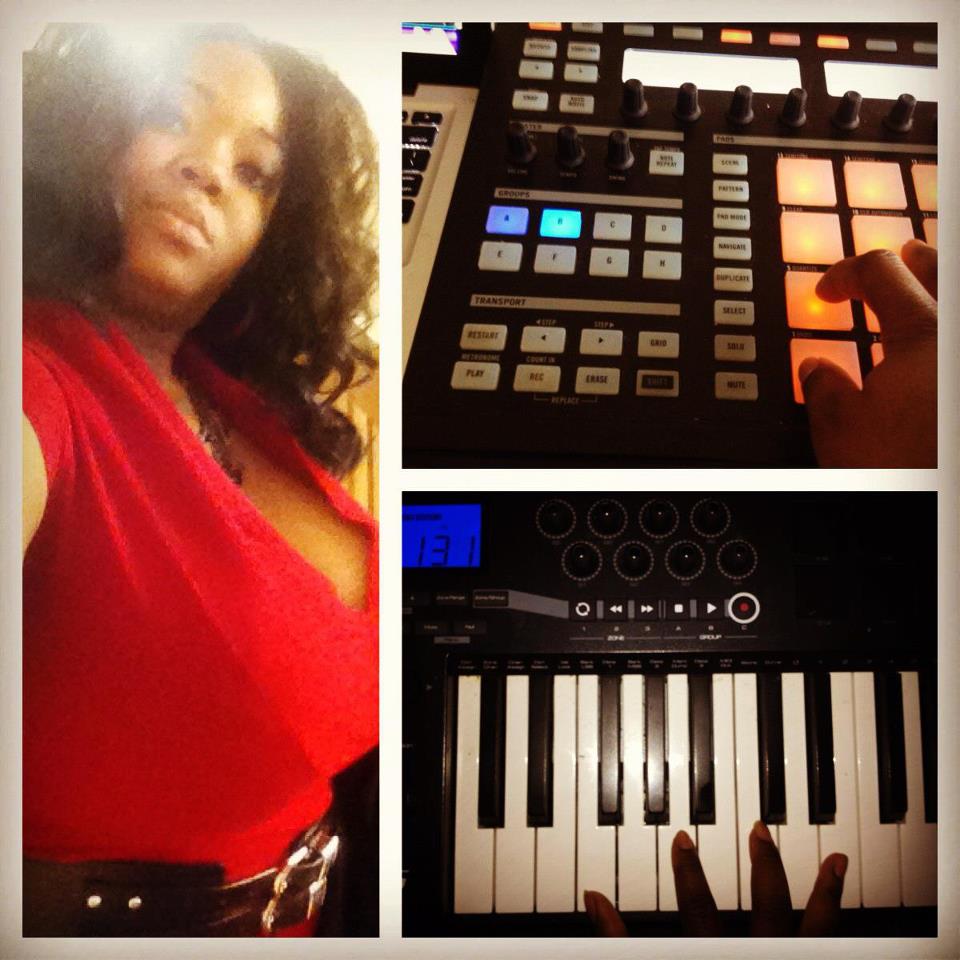
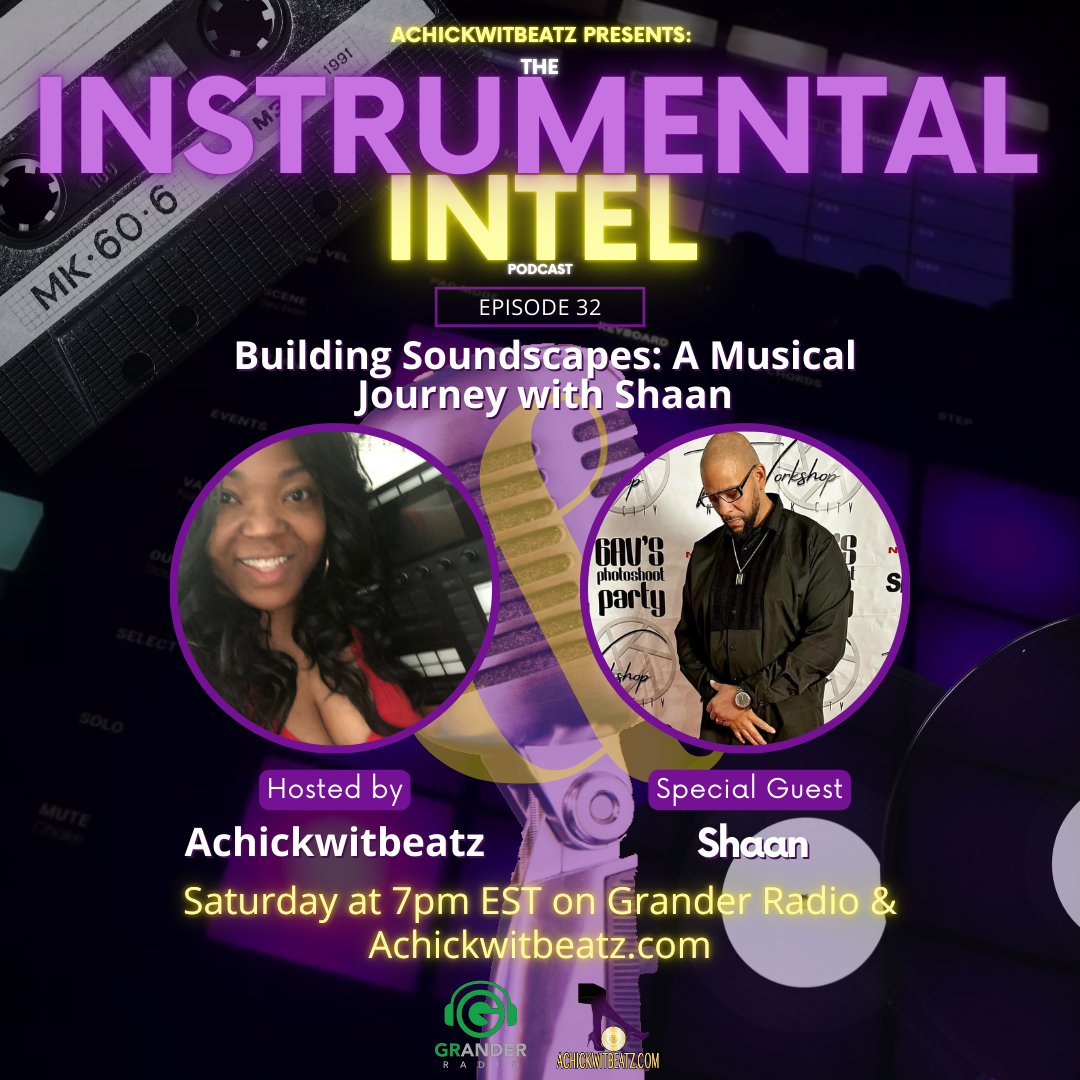






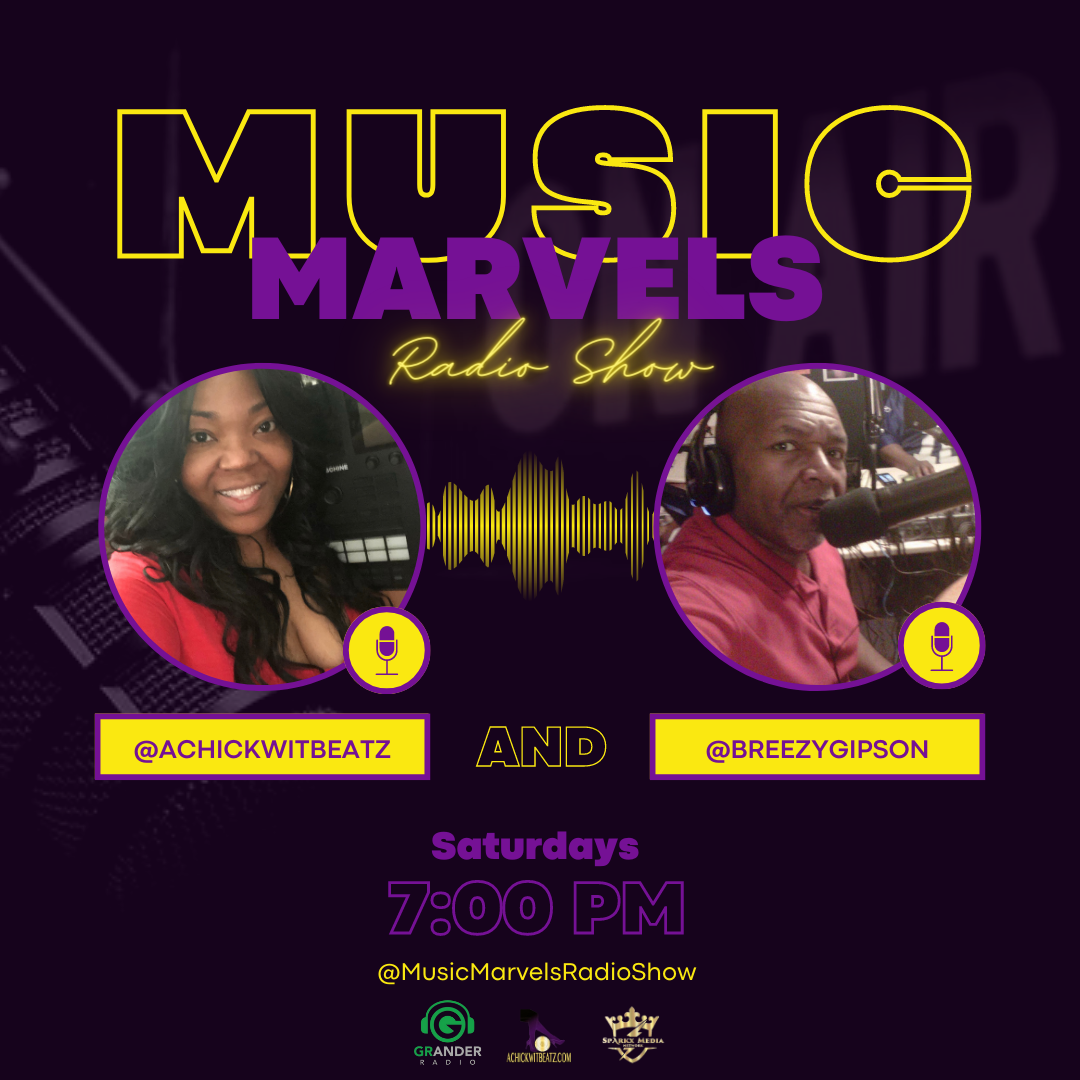
![Hear Here: Achickwitbeatz - Dopamine & Serotonin [Single]](https://images.squarespace-cdn.com/content/v1/52b0b90ae4b0293bfed0d692/1710852808557-EZYGFDIBHLBSIRFOVS1Q/Dopamine+%26+Serotonin.JPG)


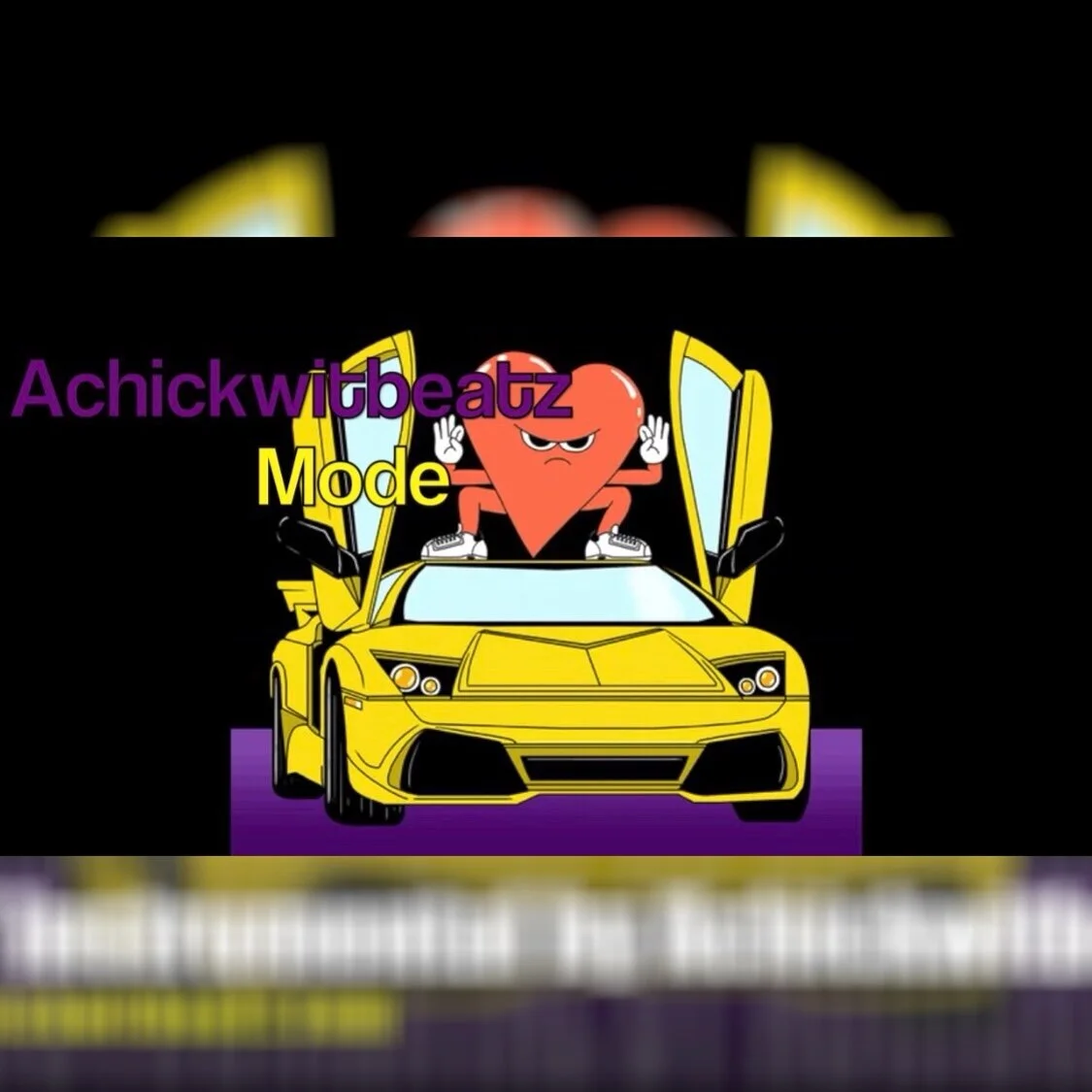
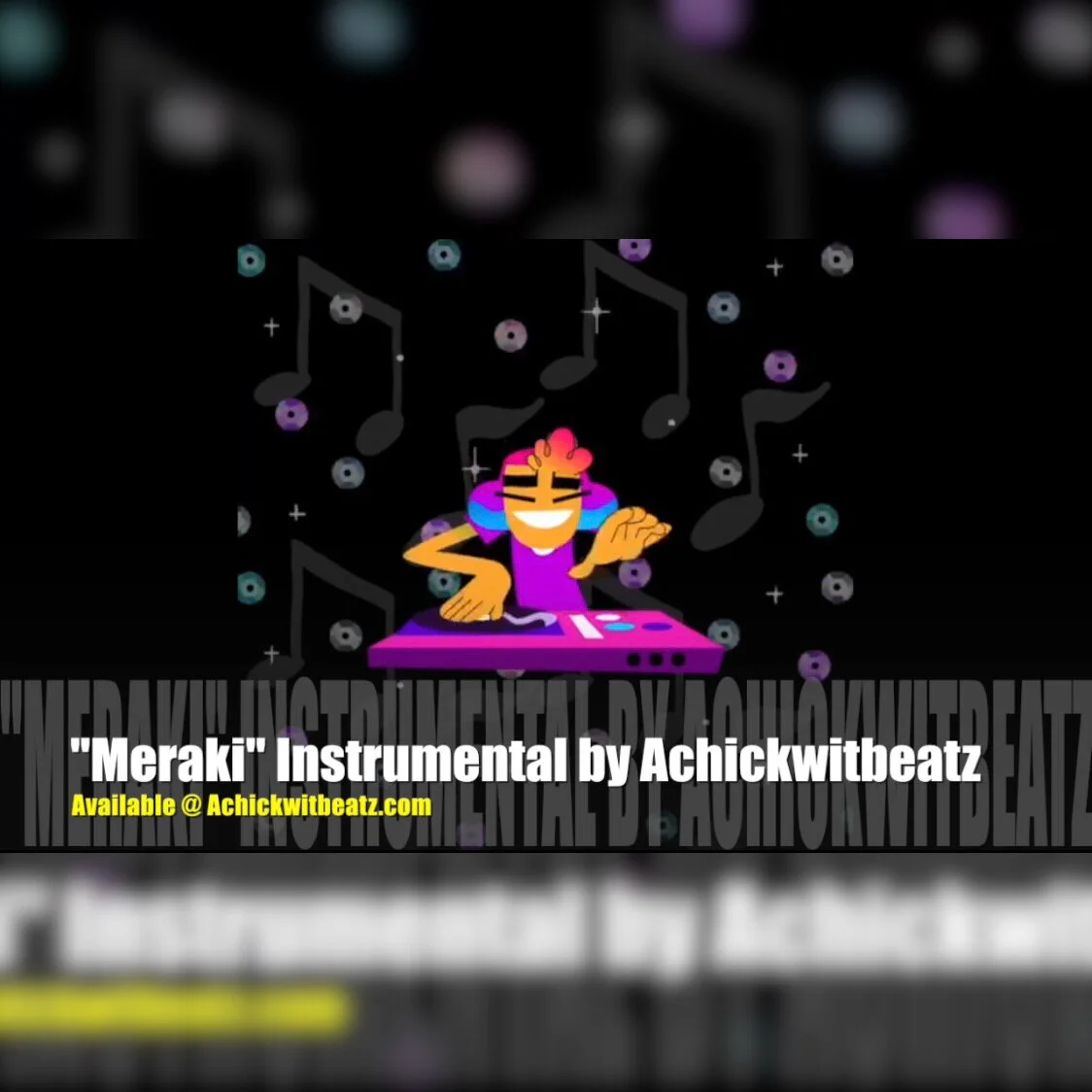





![Hear Here: Dagga Man- "Analytics" [Prod. by Achickwitbeatz]](https://images.squarespace-cdn.com/content/v1/52b0b90ae4b0293bfed0d692/1584638158548-9R55AZLWZIDFJC8LATV6/IMG_2212.JPG)







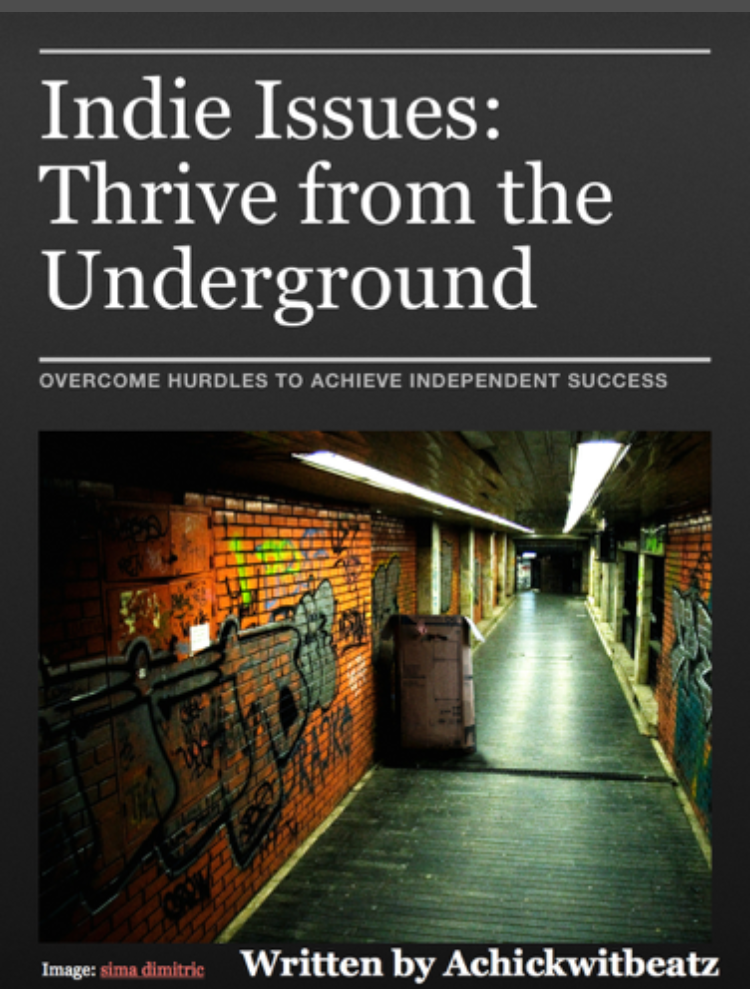
















![Making Music on a Budget [Infographic]](https://images.squarespace-cdn.com/content/v1/52b0b90ae4b0293bfed0d692/1582844361438-3JTE5NT3EL51FHXC0WJI/making-music-on_1929722%25281%2529.jpg)
